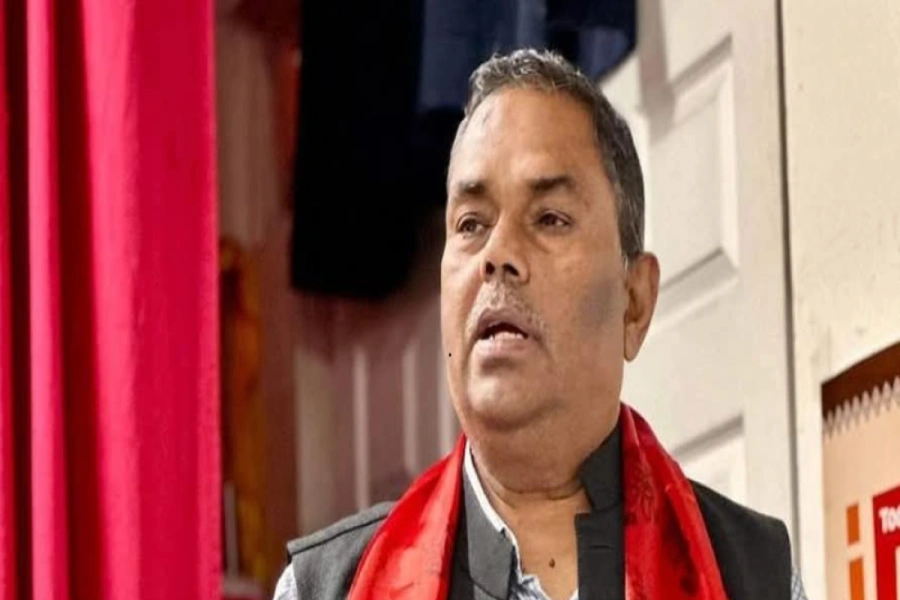At least 13,246 people were killed during the decade-long violent conflict launched by the Maoists in 1996, according to a report published by the Office of the United Nations High Commissioner for Human Rights. Additionally, more than 1,300 people went missing in the course of the conflict. The number of those rendered physically disabled, amputated or raped is also high. Many continue to live with disabilities as a result of the conflict and some are burdened with severe mental and physical illnesses.
On November 21, 2006, the Maoists agreed to join mainstream politics through a peace agreement to renounce violence. Since then, the Maoist party has come to power several times. The commander of the Maoist "People's War" and Chairman of the Maoist party, Pushpa Kamal Dahal, along with his second-in-command, Dr. Baburam Bhattarai, became prime minister multiple times. However, despite their holding the highest executive offices in the country, the problems of conflict victims have remained tragically unresolved. Although they never explicitly said their party would not resolve the problems of conflict victims, they never acted decisively to address transitional justice and heal the wounds of the victims.
Alternative way of healing

As a result, conflict victims like Vijay Sara Shahi of Mugu, who lost her arm during the conflict, are forced to beg for help, unable to afford even basic medicines. Her husband, who is also suffering from cancer, has left the entire family in a state of unrelenting hardship. Similarly, a woman from Surkhet, who was forced to join the Maoist rebels, continues to suffer from both mental and physical trauma after being raped by her comrades. She too struggles to afford basic medicines. These are just a few representative examples. Hundreds of others across the country are in distress, receiving no assistance or relief from the government. Ironically, the Maoist leaders who led the conflict and often tout it as the greatest achievement in the country’s history now flaunt their wealth, competing to wear watches worth millions.
Their lavish lifestyles—expensive houses, cars, branded bags and high-end mobile phones—become topics of debate on social media. The astronomical bills for hotel and restaurant weddings for their children and grandchildren are also much discussed. It is widely known that most Maoist leaders have become multimillionaires. However, those who sacrificed their limbs at the behest of these leaders, those who were raped and those bearing the burden of mental trauma are largely forgotten. The families of those who disappeared or were killed remain drowned in grief. The divide between the affluent leaders and the suffering victims has grown so wide that it seems impossible to bridge the gap.
The situation of the conflict victims worsened when the subsistence allowance that was being provided to them was recently stopped. Those in opposition may raise the issue but seem powerless to act and those in power may have the ability but choose not to do anything. As a result, conflict victims continue to be used as political bargaining chips. While the recent passing of the transitional justice bill offers some hope, progress has stalled. This has left many victims doubtful that justice will ever be served. It is high time that all political actors address these issues and ensure that the tears of conflict victims never fall again. In doing so, they must not ignore the suffering of people like Vijay Sara Shahi or the countless women raped by rebels and security personnel during the conflict. Only then can we hope to deliver justice to the victims who have been waiting for decades and drive the country toward sustainable peace.



































